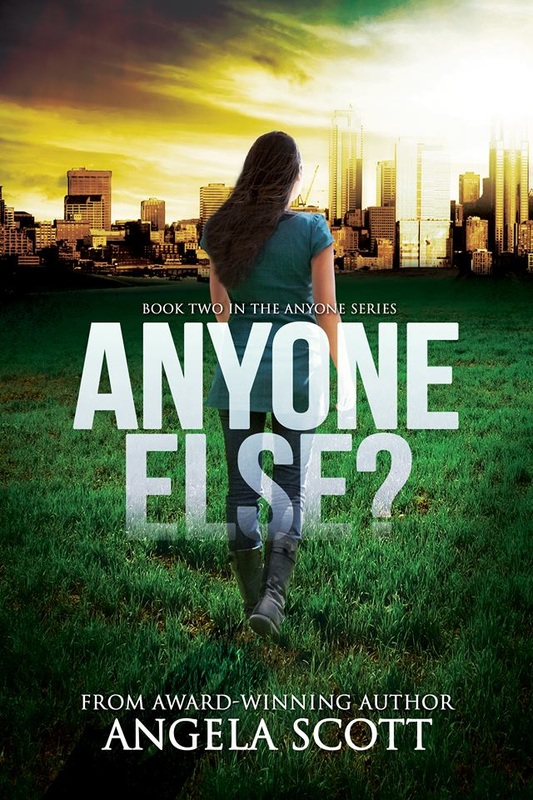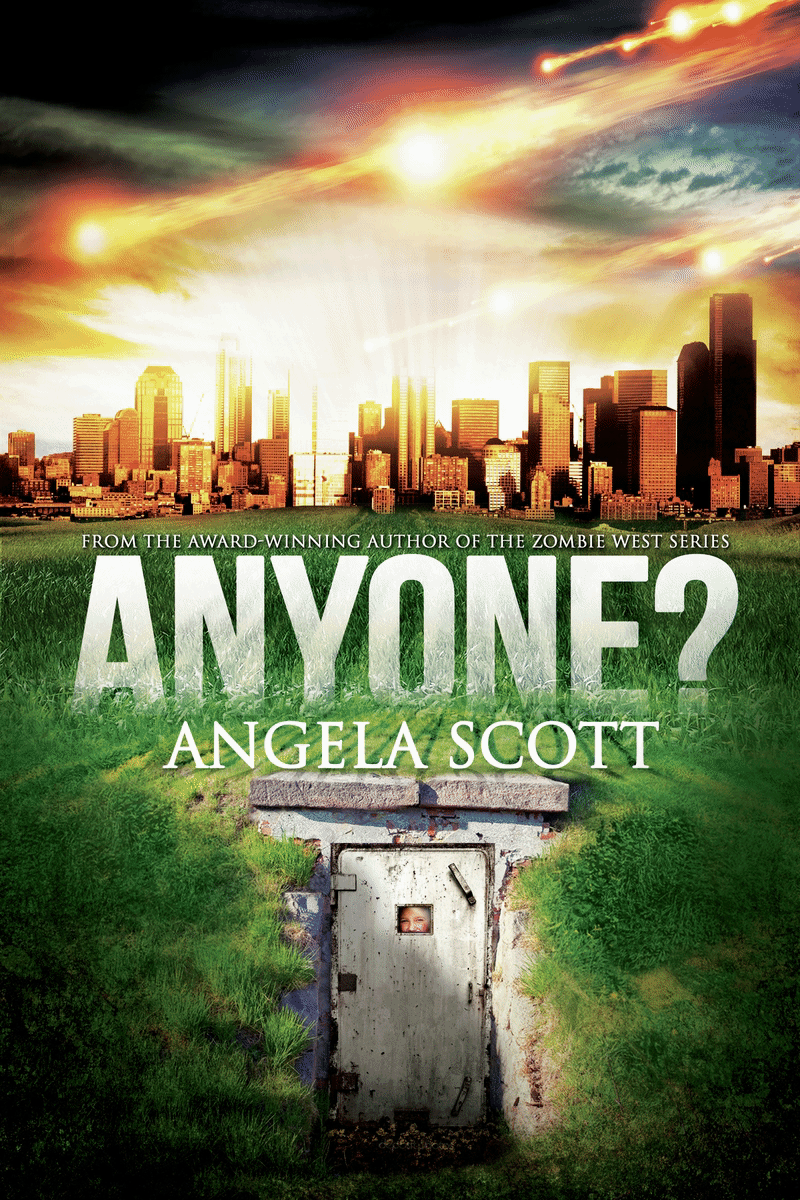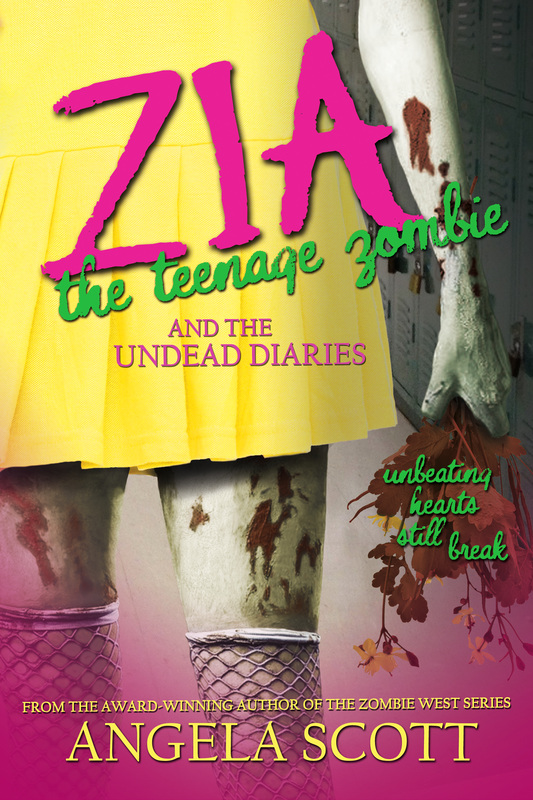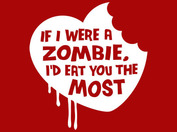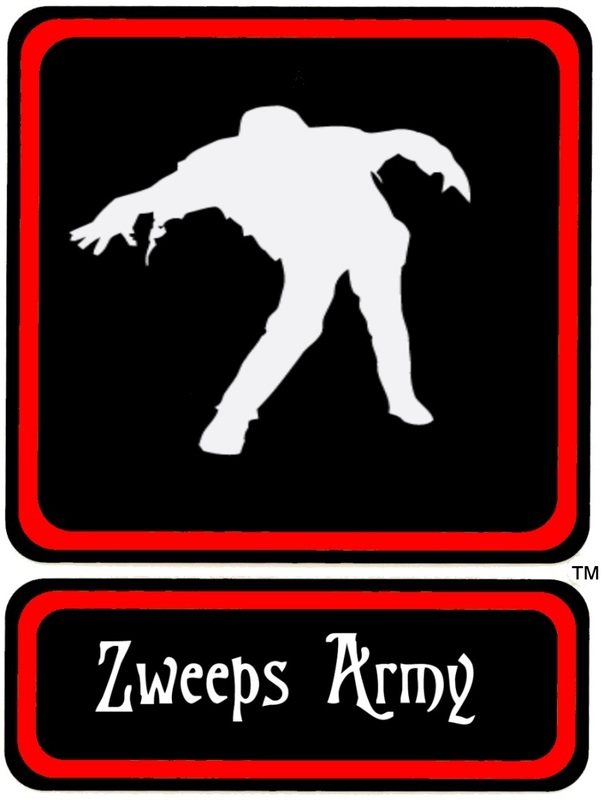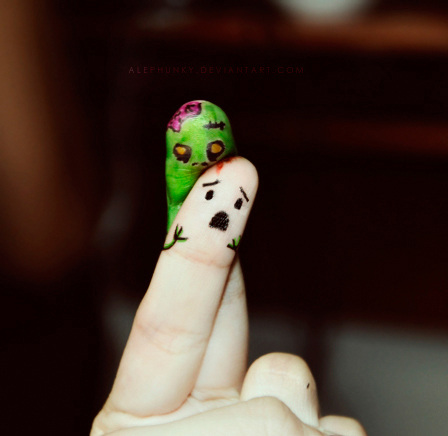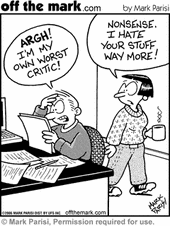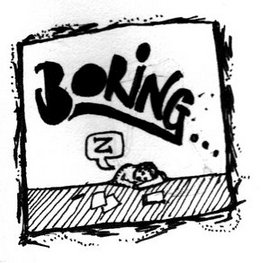 I know “was” is technically only three letters, but I still hate that stupid word. It sneaks its way into my first drafts, littering my sentences with its presence, and overall fills my life with utter and complete misery. It forces me to reevaluate my very existence as a writer--I suck. I really, really suck—and taunts me, daring me to replace it with something better. Okay, so I’m being overdramatic, but I still hate that word. I do. Most of the time I don’t even see it there, my eyes gloss over it. It isn’t until I submit my work to my critique members for review that the “was’s” become noticeable—they kindly highlight them in bright yellow for me (sweet, huh?). And I swear, honest I do, those “was’s” magically appeared in my manuscript, scrambling my sentences and popping up like weeds. Because I know I couldn’t possibly have written that many. No way. Not me. I know to use them sparingly. I know I should write with more description, more pomp and zeal. But guess what? I did. I wrote them. Every one of them. I am . . . *gasp* . . . a “was” whore. Yep, I said it. I hang my head in shame and humiliation. I use the word “was” far more than I should. A bad habit in need of breaking. But how? How does someone like me fix it? How do I write with stronger and more engaging verbs? Then, as if in answer to lift me from my self-loathing, I received an email: 6 Things You Should Know about “Was,” by the Grammar Divas . Now, most often times (I’m being honest here) these are the kind of emails or blog posts I delete because in my mind, grammar equals boring. Bluck. Phooey. I don’t need no stinkin’ grammar. But if this truly was an answer (there I go using “was” again), then I needed to heed it as a sign, and read it. So I did. And my eyes widened with pure understanding—just because I used the word “was” didn’t mean I sucked a lot, only a little, and somehow knowing that made me feel better. The Grammar Divas said that “was” is okay to use in a rough draft. It’s the “go-to verb.” When trying to get all your ideas down on paper, sometimes it’s enough to know the hero was sad. Instead of wasting valuable time searching for the perfect verb, just throw it down, move on, and plan to fix it later in the editing stages. (Yeah, yeah. That was my plan all along). They also said that using the word “was” doesn’t necessarily make the sentence passive, just boring. These are only two of the six areas they discussed about the word “was.” To read the others, check out their site. But, these two resonated with me the most. First, because it’s okay to use the word “was” in the first draft. I’m not a horrible writer, just boring. And boring I can fix. There are several things I can do to eliminate “was” and other to-be verbs from my manuscript. For instance, I can start with substituting words. Instead of saying, He was going to the saloon (I’m writing a western) I can write, He meandered his way to the saloon. See? Less boring. Not perfect, but better. Another thing I can try is rearranging the sentence. Sometimes just flip-flopping the order around can erase out those nasty to-be verbs. The man was standing at the bottom of the stairs. I could say, At the bottom of the stairs, the man stood watching. (Okay, I probably wouldn’t write that sentence, but you get the idea). Another way to remove to-be verbs is to try to change another word in the sentence into a verb. Instead of saying, He was watching her from the bottom of the stairs. I could simply say, He watched her from the bottom of the stairs. Anytime you have a to-be verb placed in front of an “ing” word, just change the “ing” word to “ed” and WAH-LA—the to-be verb is eliminated. Simple. I understand the need to kill all to-be verbs. I get it. I mean, to-be verbs show no action. They're just there. And yes, they are boring. Can I get rid of all of them? Probably not, but when I go back through my manuscript during the editing stages, I find it’s not all that hard to give my sentences more punch, more action, by removing the to-be verb and inserting something far more exciting. It’s impossible to write without to-be verbs, so don’t chuck them all, but try to use them sparingly. That’s what I’ve learned. I can do that. I don’t suck. I’m just boring and boring I can fix.
16 Comments
4/27/2011 06:39:26 am
Boring is a disease we seem to share. My wife chides me about "that word" all the time. I'm getting better though. When she chides me on the use of "that word", I don't know why but I always feel like the old guy in Monty Python's The Holy Grail waiting to be pawned off to the dead collector. My response to her admonitioning is always the same, "I'm getting better."
Reply
4/27/2011 08:03:05 am
Loved this blog on "was." Great information and food for thought. I find myself trying to eliminate them also but no need to do that till after the first draft. At least you get your ideas down. THanks.
Reply
4/27/2011 09:45:25 am
Ha ha, so true. I think it was Annie Lamott who gave all writers permission to write a shitty first draft, in her book about writing - Bird by Bird. Writing a shitty first draft gives us more creative freedom. So turn off that internal critic during the first draft, and turn it back on during the final draft.
Reply
4/27/2011 01:14:07 pm
Oh geeze, this cracked me up, "I'm not a horrible writer, just boring. And boring I can fix." haha!
Reply
4/28/2011 03:14:18 am
Thanks so much for these tips and the link. I'm just noticing how often I use 'was' and I need to nip this habit in the bud!
Reply
4/28/2011 06:28:56 am
awww poor was! I'm now starting to wonder how often I use this word... I hope sparingly, but I'm also on my first draft, so I'll say it's intentional and that a second draft will sweep them away, good luck with yours! xoxo Karina
Reply
I'm gonna go visit the link you provided. One thing I've discovered in discussion with other writers is that 'was' is not such a bad thing all the time. I got to the point where I was trying to avoid the word so much that some of my sentences started to to sound stilted. Everything in moderation is my rule of thumb.
Reply
8/29/2011 02:53:39 am
"Use sparingly" is great advice. I love the trick mentioned of using Word to find and replace all "was" with WAS. I'm stealing that idea and adding big red font to the mix.
Reply
9/9/2011 03:09:27 am
Great post, Angela. I first heard about this from reading it on RAHM, but I've been eliminating it as much as possible from my newest WIP, and editing it out of the piece I submitted to RAHM, so I do feel better.
Reply
9/9/2011 12:02:12 pm
We should start a club. I too am a WAS whore. Just ask my editor! lol I loved this post. Thank you :)
Reply
9/9/2011 12:03:10 pm
I want to start a movement. Let's call them SOB verbs! As in "State-Of-Being." Then we can all say, "I hate those SOB verbs."
Reply
9/13/2011 03:16:18 am
Great post, and I too am a sucker for the "was"!
Reply
Leave a Reply. |
Now Available!
|
